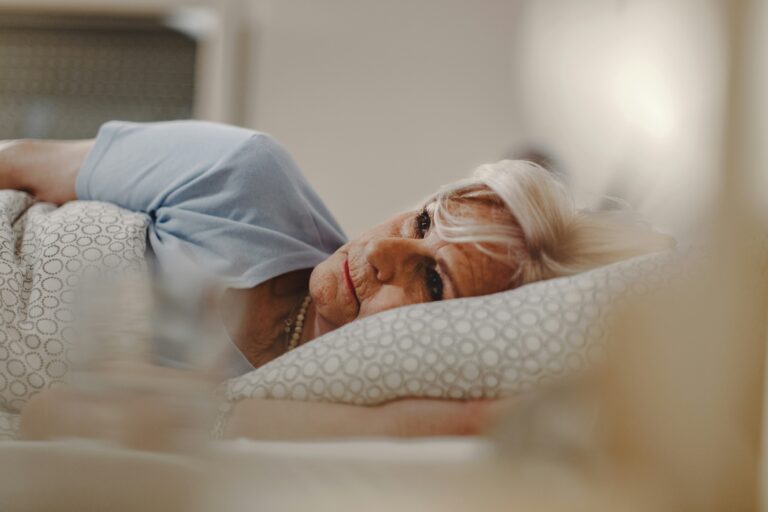How depression feels
Not everyone with depression shares the same symptoms. You may feel sad most days, and perhaps have little interest in things you used to like doing. Other symptoms can include:
- Having low self esteem
- Feeling guilty
- Feeling anxious
- Feeling irritable
- Having no energy
- Losing interest in sex
- Having difficulty sleeping
- Not wanting to socialise
According to the World Health Organisation depression is the
biggest cause of disability globally.
Can depression go away on its own?
The symptoms of depression can improve without treatment. This may depend on the type of depression and how severe it is. Mild depression may have less intense symptoms, and it may also last for a shorter time than moderate or severe depression. But it’s crucial to remember that depression may worsen if left untreated.
Therapy is a powerful tool in the fight against depression. It can empower you to learn new ways of thinking and behaving, and manage habits that may contribute to your low mood, giving you a sense of control over your well-being.

